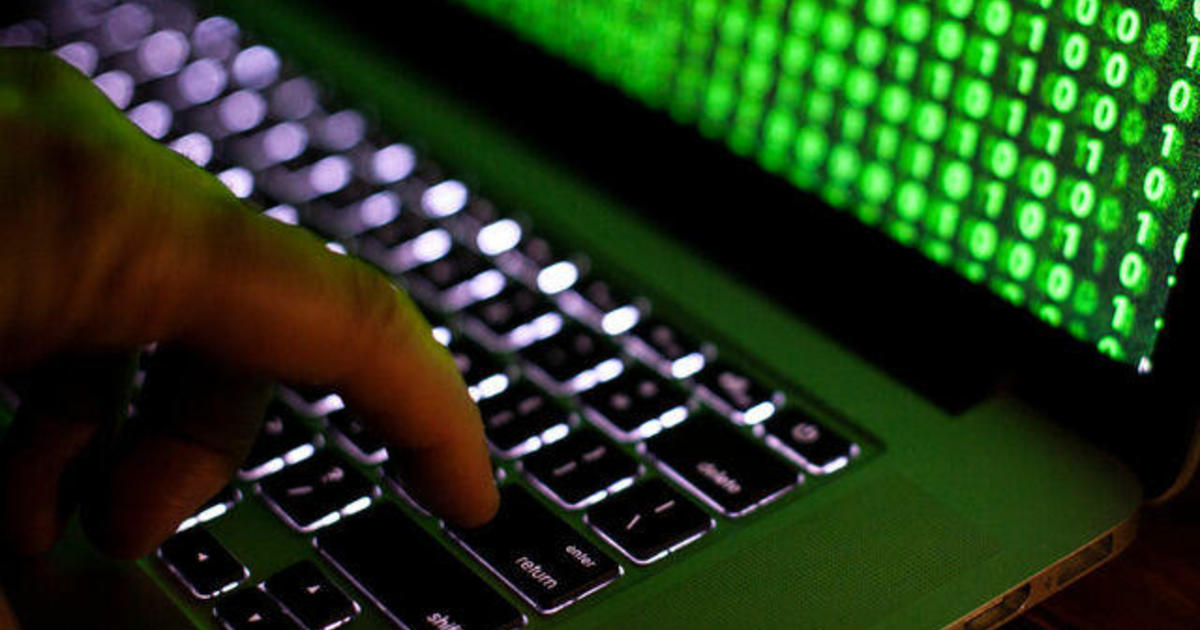Security awareness training among govt workers needed • BusinessMirror Editorial
Hacking incidents have affected many big companies and government agencies in recent years, including a 2018 Facebook data breach that enabled attackers to access millions of user data. That year, it was discovered that political consulting firm Cambridge Analytica had obtained access to the personal information of millions of Facebook users without their consent. This was made possible by access control vulnerability in the social media’s application programming interface (API) that allowed third-party developers to access user data.
The scandal brought to light the issue of data privacy and the need for stricter access control measures. Facebook faced widespread criticism for mishandling users’ personal information and was fined $5 billion by the US Federal Trade Commission for violating users’ privacy.
No one knows the number of hackers around the world since many of those with malicious intentions are unidentified. However, some hackers join the ethical hacking community. Based on the 2018 Hacker Report, there are more than 166,000 registered ethical hackers worldwide.
India and the United States were the top countries where hackers were located, with 43 percent combined representatives. Russia, Pakistan, and the United Kingdom follow, with 14 percent combined representatives, according to the HackerOne hacker community.
CrowdStrike, the company that discovered that the Russians had hacked the Democratic National Committee, said that Russian hackers are known to be the fastest hackers. They can access a computer network in just 18 minutes, while Korean hackers gain access in two and a half hours, and Chinese hackers need four hours.
In the Philippines, a recent hacking incident stole personally identifiable information (PII) of Philippine Health Insurance Corp. members and its employees. PhilHealth was hacked by the Medusa group, and the hackers were demanding a $300-million ransom in exchange for the deletion of the stolen PhilHealth files posted on the dark web. PhilHealth President and CEO Emmanuel Ledesma Jr. said the insurer will not pay the ransom, but it had to spend P172 million to buttress its cyber defense.
This is the “unfortunate…




